Company Directory - The Ohio State University
Company Details - The Ohio State University

The Ohio State University
WebsiteColumbus, United States
The Ohio State University is a public research university located in Columbus, Ohio. Renowned for its contributions to research, engineering, technology, and a diverse range of academic programs, it serves as a leading institution in higher education and innovation.
CCI Score
CCI Score: The Ohio State University
-43.51
0.18%
Latest Event
Worker Protest at OSU Wexner Medical Center Demands Safe Staffing
Union members at the Ohio State University Wexner Medical Center, citing chronic understaffing, low wages, and high turnover, staged a protest demanding accountability from OSU executives. The protest highlighted concerns over public trust and worker exploitation, with employees calling for safe staffing measures.
Take Action
So what can you do? It's time to make tough choices. Where will you cast your vote?
- Shop Alternatives
SEE ALL - Use Your Voice
OTHER TOOLS - Investigate
- Share the Score
SUPPORT CCI
TOADIE
The Ohio State University is currently rated as a Toadie.
Latest Events
 MAR242025
MAR242025Union members at the Ohio State University Wexner Medical Center, citing chronic understaffing, low wages, and high turnover, staged a protest demanding accountability from OSU executives. The protest highlighted concerns over public trust and worker exploitation, with employees calling for safe staffing measures.
-80
Labor Relations and Human Rights Practices
March 28
The protest was driven by issues of chronic understaffing, poverty-level wages, and high employee turnover at OSU Wexner Medical Center. These conditions, juxtaposed with the disproportionate wealth and bonuses of OSU executives, suggest a neglect of worker rights and fair labor practices, reflecting exploitative and authoritarian management strategies.
Why workers protested at Ohio State Wexner Medical Center |Opinion
 FEB282025
FEB282025On February 28, 2025, Ohio State University President Ted Carter announced the closure of the Office of Diversity and Inclusion and the Center for Belonging and Social Change, citing pressures from the Trump administration and pending state legislation. The decision prompted protests by students and some faculty who argued that the move undermines the university’s long-standing commitment to diversity and inclusion.
-70
Executive Political Engagement
March 28
The decision by OSU President Ted Carter to close key diversity offices, using justification tied to external political pressure from the Trump administration and pending legislation, reflects executive political engagement that undermines progressive, anti-authoritarian values and devalues the institution’s commitment to marginalized communities.
Ohio State University students protest decision to close diversity and inclusion offices
-60
Business Practices and Ethical Responsibility
March 28
Closing the DEI and related offices marks a significant retreat from the university's traditional commitment to fostering an inclusive academic environment, thereby negatively impacting marginalized groups and compromising ethical institutional practices.
Ohio State University students protest decision to close diversity and inclusion offices
 SEP272024
SEP272024In response to a series of near-campus shootings, Ohio State University has implemented a redoubled security initiative that includes increased police presence, enhanced collaboration with the Columbus Division of Police, additional mobile surveillance cameras, and the deployment of license plate readers across campus and surrounding areas.
-20
Public and Political Behavior
March 28
The university’s decision to significantly increase police presence and adopt more militarized security measures—even though prompted by safety concerns—can be seen as normalizing authoritarian practices. The enhanced collaborative patrols with the city police and the increased reliance on law enforcement raise concerns about potential infringements on community freedoms and the institutionalization of coercive security measures.
-30
Technology and Services Impact
March 28
The extensive deployment of surveillance technologies—such as mobile cameras, 5,000 campus cameras, and 63 license plate readers—expands the use of repressive tools that can facilitate intrusive monitoring. From an anti-fascist perspective, reliance on such surveillance systems risks normalizing practices associated with authoritarian control and may undermine civil liberties and privacy.
 JAN012024
JAN012024The OpenSecrets profile for The Ohio State University reports that during the 2024 cycle the institution was involved in political contributions totaling $1,293,730 and spent $258,170 on lobbying. Notably, all listed lobbyists had previously held government positions, highlighting a revolving door phenomenon that raises concerns over entrenched political influence.
-30
Political Contributions and Lobbying Efforts
March 28
The reported political spending and evidence of a revolving door—with lobbyists who have prior government service—suggest that OSU is engaging in practices that align with established political networks. From an anti-fascist perspective, such entanglements can undermine democratic accountability by perpetuating influence peddling and reducing transparency in political financing.
 OCT012023
OCT012023An Ohio State University professor, James Davis, is developing an intelligent video surveillance system that integrates thermal cameras and machine learning for applications in national security, law enforcement, and military operations. The project, funded by the NSF and the U.S. Army Night Vision Lab, raises concerns regarding the potential for repressive surveillance measures if widely deployed.
-50
Provision of Repressive Technologies
March 28
The development of advanced video surveillance technology at OSU, which leverages thermal imaging and computer learning, has significant implications for state and military surveillance. Such technologies can be used to monitor, track, and potentially target individuals, thereby contributing to repressive state practices. This raises concerns from an anti-authoritarian perspective regarding privacy, civil liberties, and the empowerment of state surveillance apparatus.
Researcher developing video technology for surveillance - Ohio State News
 APR042023
APR042023Ohio State University deployed a network of roughly 4,000 security cameras across its Columbus campus that aided university police in deterring crime and arresting a suspect in a residence hall break-in. While the system has proven effective in criminal investigations, its extensive use raises concerns over potential privacy infringements and the risks of an authoritarian surveillance infrastructure.
-40
Provision of Repressive Technologies
March 28
Although the surveillance cameras contributed to solving a specific crime by assisting in an arrest, the broad and potentially invasive deployment of over 4,000 cameras on campus reflects a reliance on surveillance technology that can be abused for authoritarian control. From an anti-fascist perspective, such extensive monitoring raises serious concerns regarding privacy and the potential for state overreach, warranting a negative score in the 'Provision of Repressive Technologies' category.
In the News: Increased surveillance helps solve campus crimes
 NOV102022
NOV102022The Ohio State University paid $875,689 to settle civil allegations that an OSU professor failed to disclose foreign government funding connected to federal research grants. As part of the settlement, OSU agreed to cooperate with a government investigation into the matter.
-50
Business Practices and Ethical Responsibility
March 28
The settlement addresses serious allegations that the university failed to disclose significant foreign government support linked to federal research funding. This breach of ethical responsibility undermines transparency and accountability in academic research and raises concerns about potential undue foreign influence. Although the institution’s subsequent cooperation with government investigators is a corrective measure, the initial failure to disclose represents a violation of established ethical practices.
Alternatives

Boston, United States
59.92
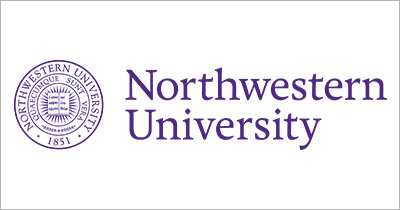
Evanston, United States
45.92
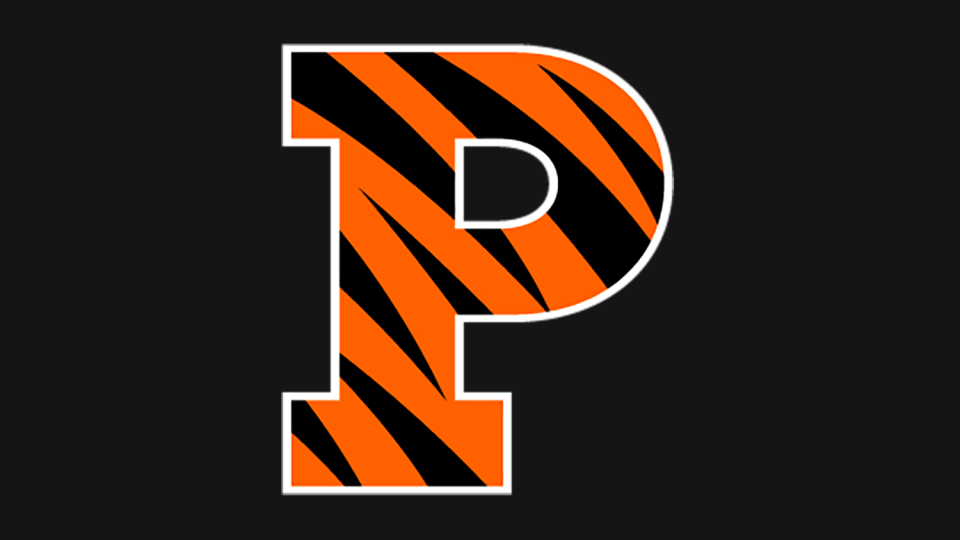
Princeton, United States
32.97
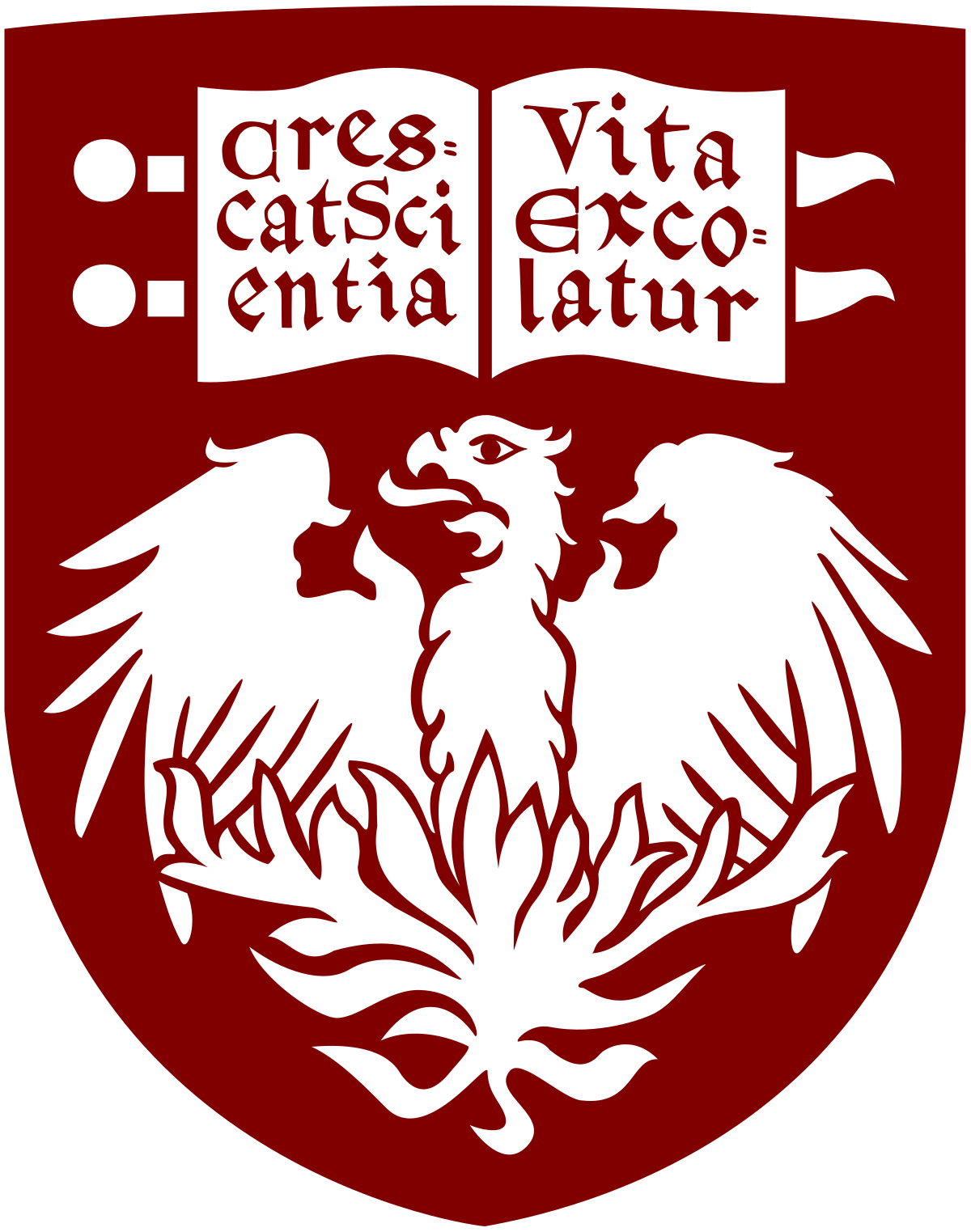
Chicago, United States
28.31
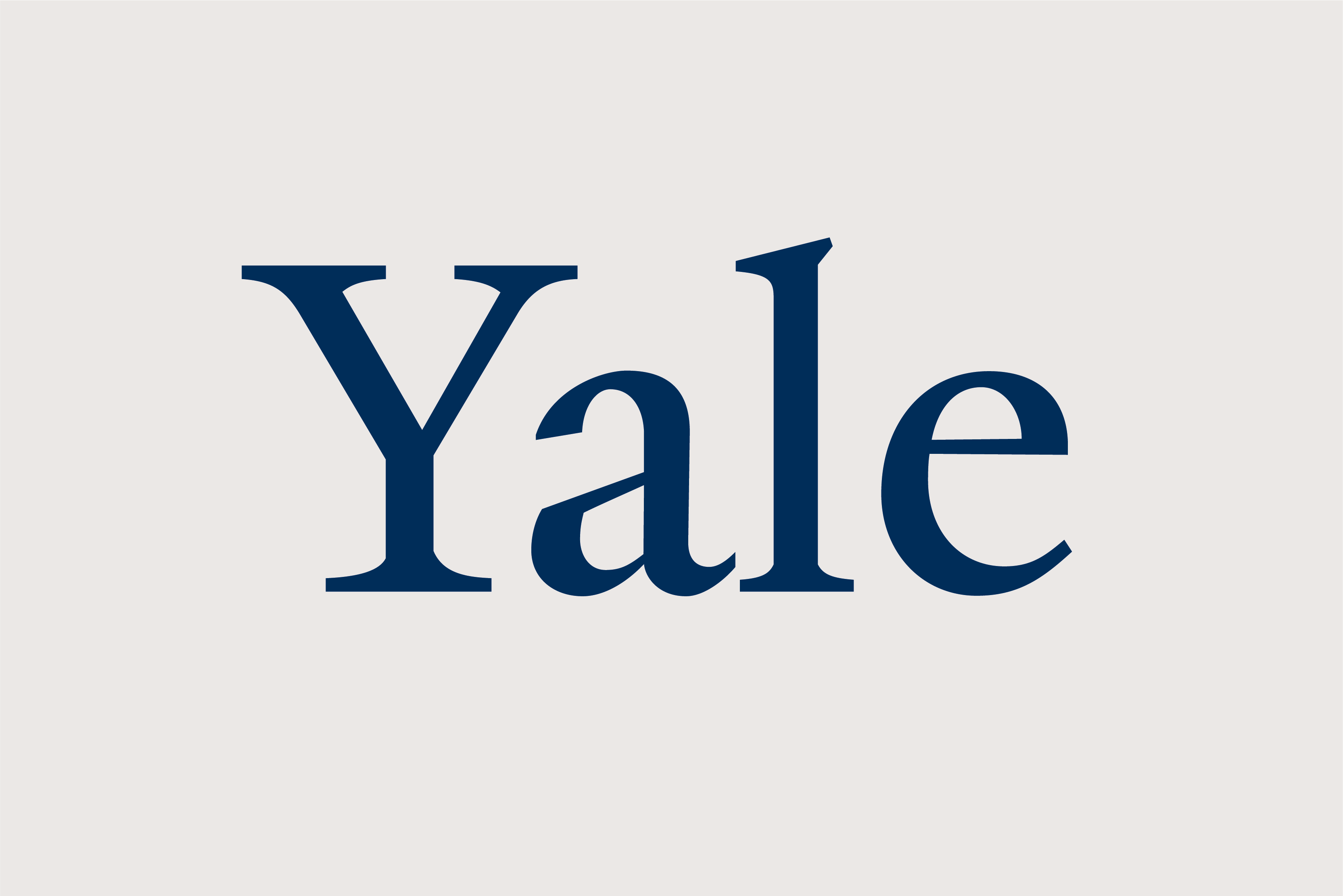
New Haven, United States
22.37

Syracuse, United States
22.25
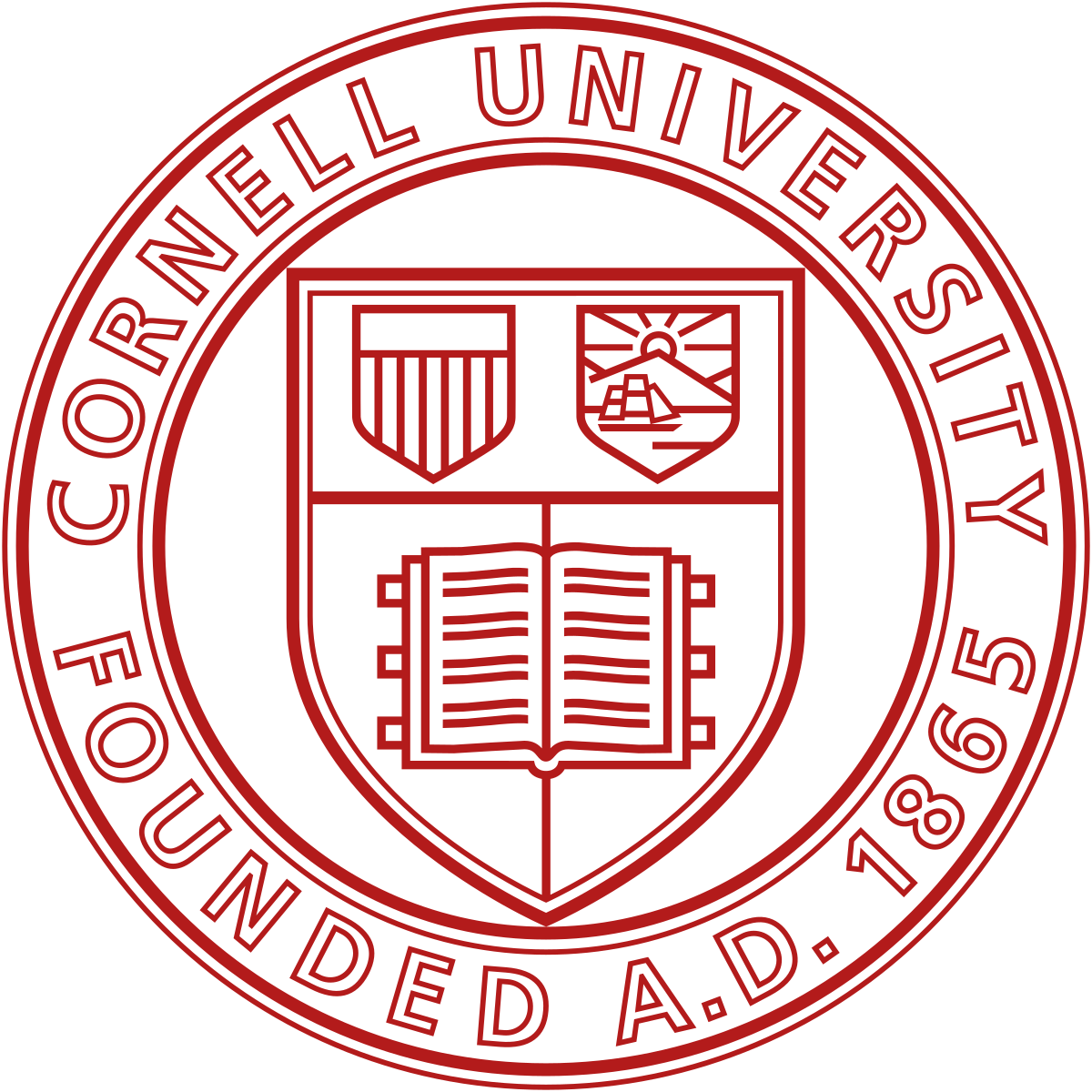
Ithaca, United States
20.73

Orlando, United States
16.12

New York City, United States
15.68

Notre Dame, United States
15.29
Industries
- 541720
- Research and Development in the Social Sciences and Humanities
- 611310
- Colleges, Universities, and Professional Schools
- 611430
- Professional and Management Development Training
- 611699
- All Other Miscellaneous Schools and Instruction
- 622110
- General Medical and Surgical Hospitals